Were Stories In Video Games Just A Fad?
The current decade mentality repeats that of the 80s and early 90s... yet we're more annoyed?
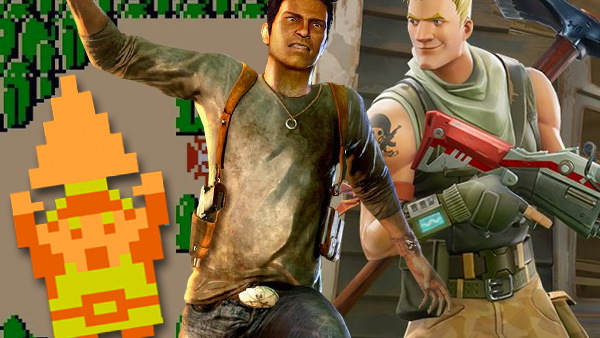
What's the real "worth" of a story?
In film and literature, that's - more often than not - why you're there; it's part of the sell. Yes, many modern Hollywood blockbusters have ratios weighted towards action and CG spectacle, but as a passive medium (where the audience isn't an active participant in what's happening), story and narrative - or just general thematic propulsion - have to take centre stage at some point, lest we not care, and come out the other end thinking we've wasted our time.
In video games, mechanics can make up for a TON of storytelling shortcomings. Look to the VERY early likes of Space Invaders, Pong and Tetris. Hell, look at the original Legend of Zelda or Super Mario.
The former titles had nothing BUT mechanics, and for Zelda in particular, Nintendo barely included any semblance of story in-game, leaving the whys and wherefores of what's going on inside the accompanying instruction book. Naturally both this and Mario went on to further change entertainment history, establishing the NES in North America and helping Nintendo become a global brand, and household name.
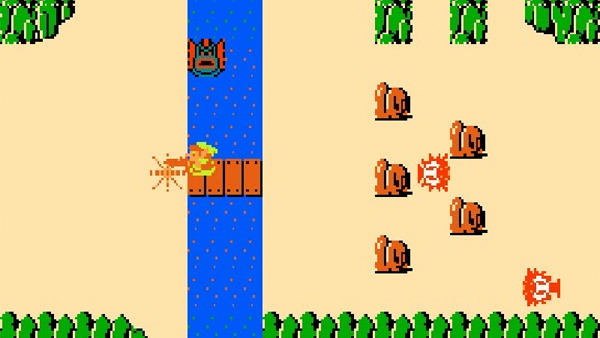
This general approach to the medium thrived from the late 80s and early 90s, as though we had relative one-offs like Secret of Mana or even Super Metroid's closing battle bringing in great characterisation and poignant finales respectively, the world's eyes were on Sonic the Hedgehog, Street Fighter, Mortal Kombat and DOOM.
Why? Because their mechanics were front and centre. The draw was platforming, shooting, fighting, controlling. Carry this through the 90s, and we had the monumental release of Metal Gear Solid, showcasing all manner of Hollywood-aping features like professionally delivered voice acting and cinematically shot cutscenes.
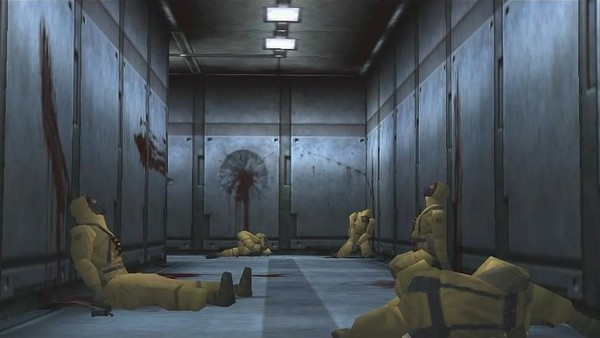
It was a huge, unprecedented success, and as the increasingly bombastic likes of the PS2 were shown off, gaming entered into an age of trying to mimic Hollywood more than ever. It can be said that this idea of a film being the "ultimate goal" of any creative work is a skewed one, but it's certainly evident across the 2000s as many developers gave it their best shot.
What can now be seen retrospectively as a "golden age" of storytelling is evident across everything from Metal Gear Solid to Uncharted - even EA made a point of devoting huge amounts of money and resources into creating "movie-level" video games. 007: Everything or Nothing had everything from an original theme song and score, to casting calls for Bond girls and big-name actors across the board, yet it never crossed over to the silver screen.
The Godfather games had this treatment too, as did The Simpsons Game, with EA's own non-sport releases like Medal of Honor and Dead Space championing a presentation that channeled Hollywood and showcased thematics over gameplay or in-depth mechanics.
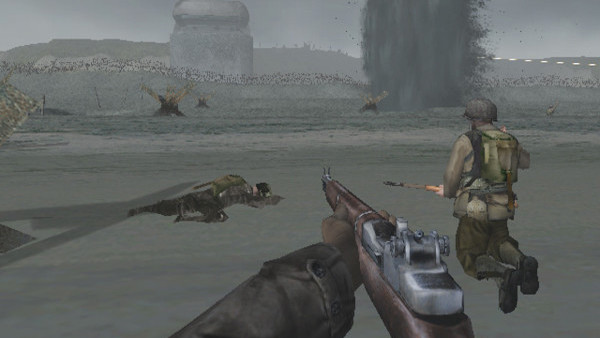
Today, that mentality has dissipated, especially in the triple-A space. The likes of CD Projekt RED and Naughty Dog feel rare as hell, with even franchises like Assassin's Creed fully embracing gameplay frameworks that favour open-world mission design, grinding and skill trees.
GTA Online, Overwatch, Minecraft, Rocket League, Fortnite, PUBG, Star Wars Battlefront, Destiny, Shadow Of War, The Division - many have been major critical successes and financial juggernauts, delivering an exquisitely polished idea that's just plain fun to play, while others crashed and burned.
Of course it's true that stories haven't "gone away", but it is entirely the case that the Activisions, EAs and Ubisofts of the world are looking for ways to create play-spaces that a consumer will sit in for hours upon hours at a time, ready to cough up the cash for a season pass, incoming DLC pack or microtransaction that will bolster the experience.
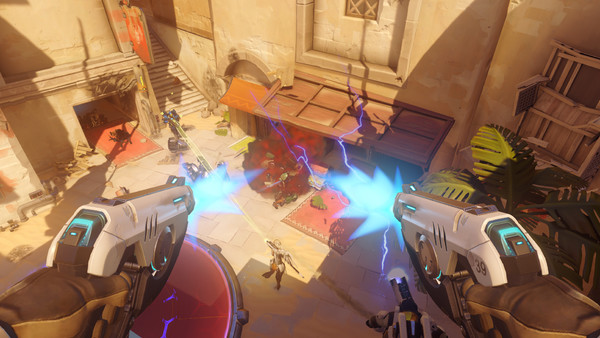
It brings into stark relief just how "necessary" a story or overarching narrative is to a video game. Our beloved medium has proven it can contend with - and financially dominate - Hollywood, and now we're seeing a return to the arcade mentalities that were around when video games first arrived.
Think about it: When was the last time you enjoyed and discussed with a group of friends or work mates, a truly brilliant video game story? When did we all last discuss a monumental cliffhanger, a character's betrayal or a specific hero's journey?

We're more likely to trade Fortnite tower-building strategies, and while there's nothing wrong with that, to come full circle, what is The Legend of Zelda now? A open-world, experimentation-heavy, exploration-encouraging combination of systems that entirely favour gameplay, with storytelling being some of the most nondescript in the entire franchise.
Just like it was back in 1986.